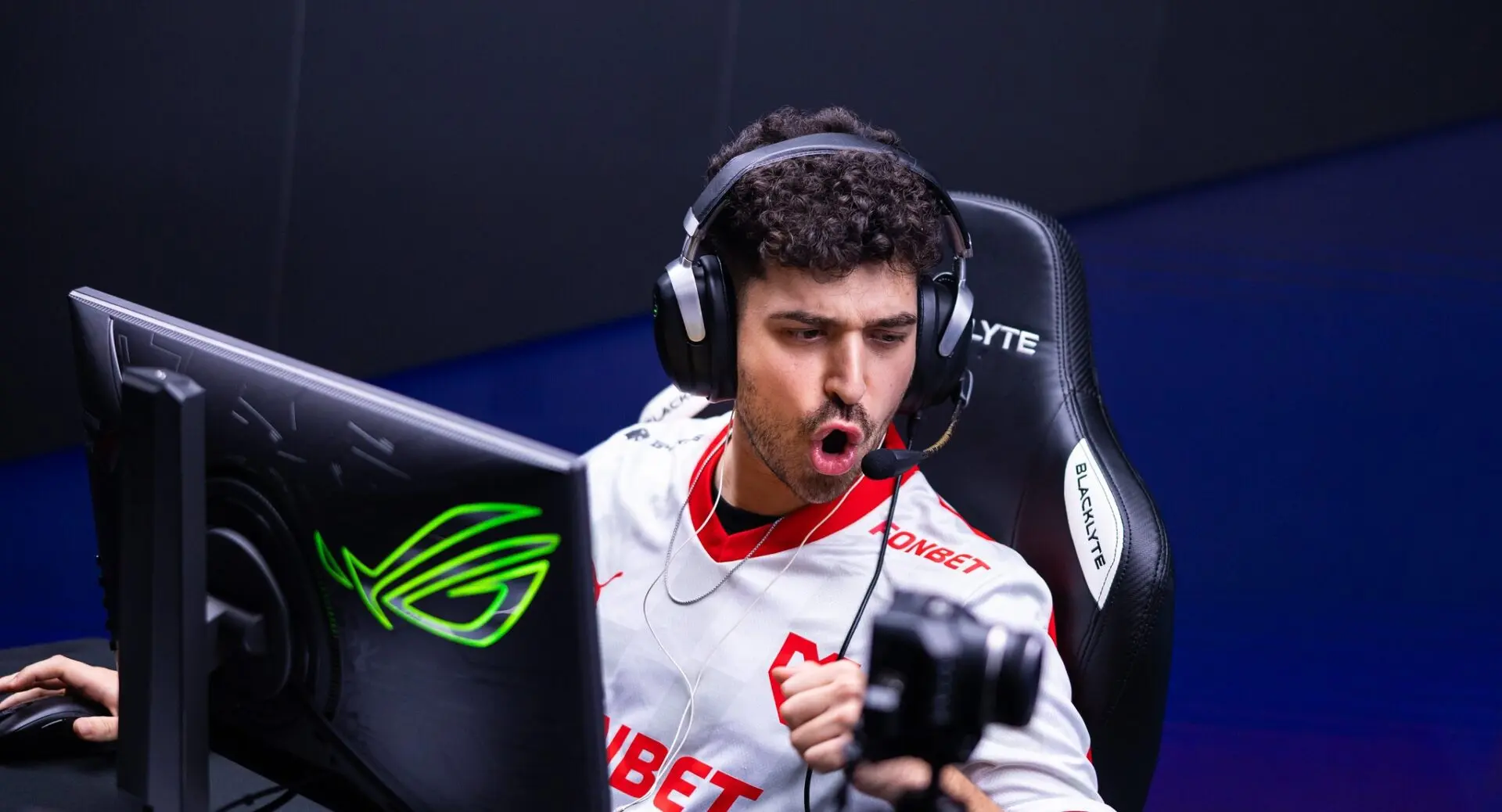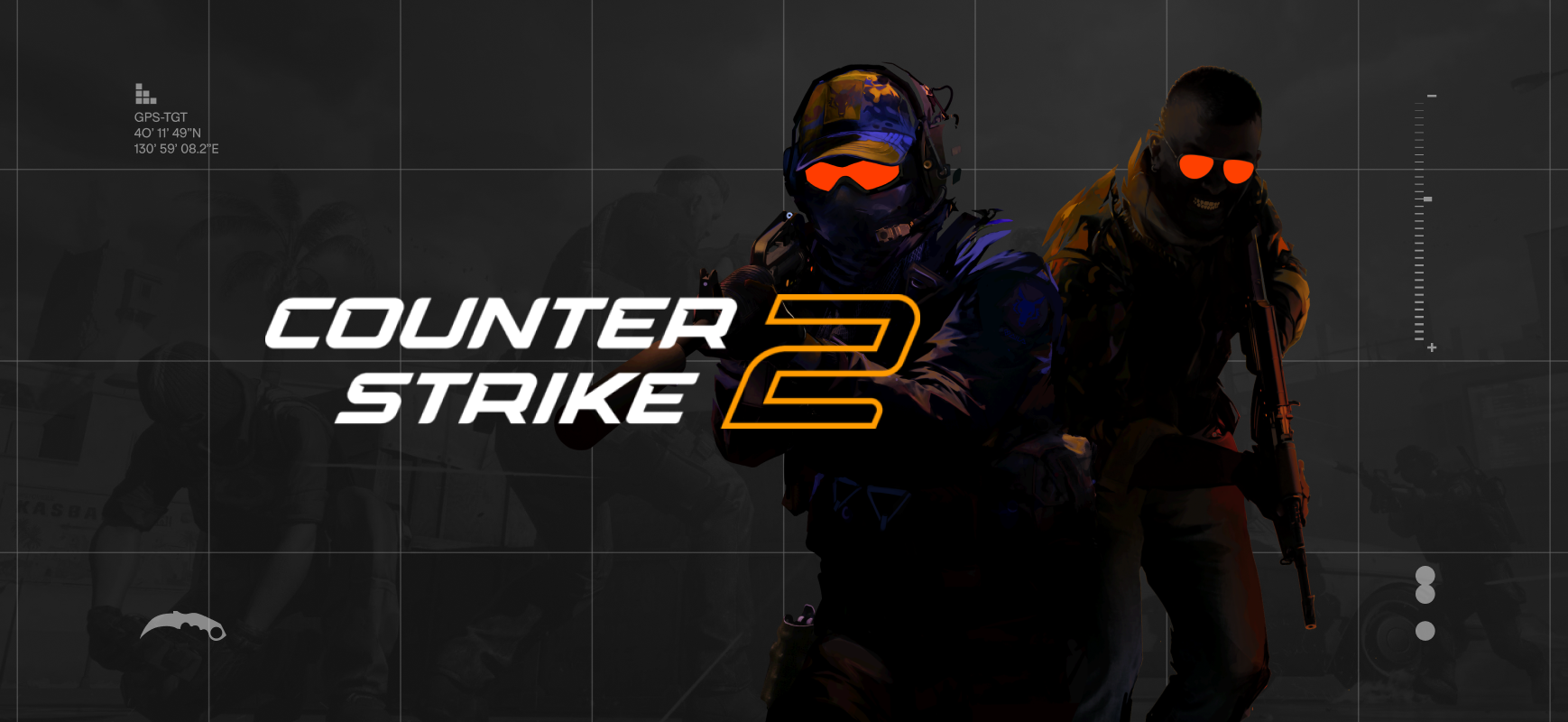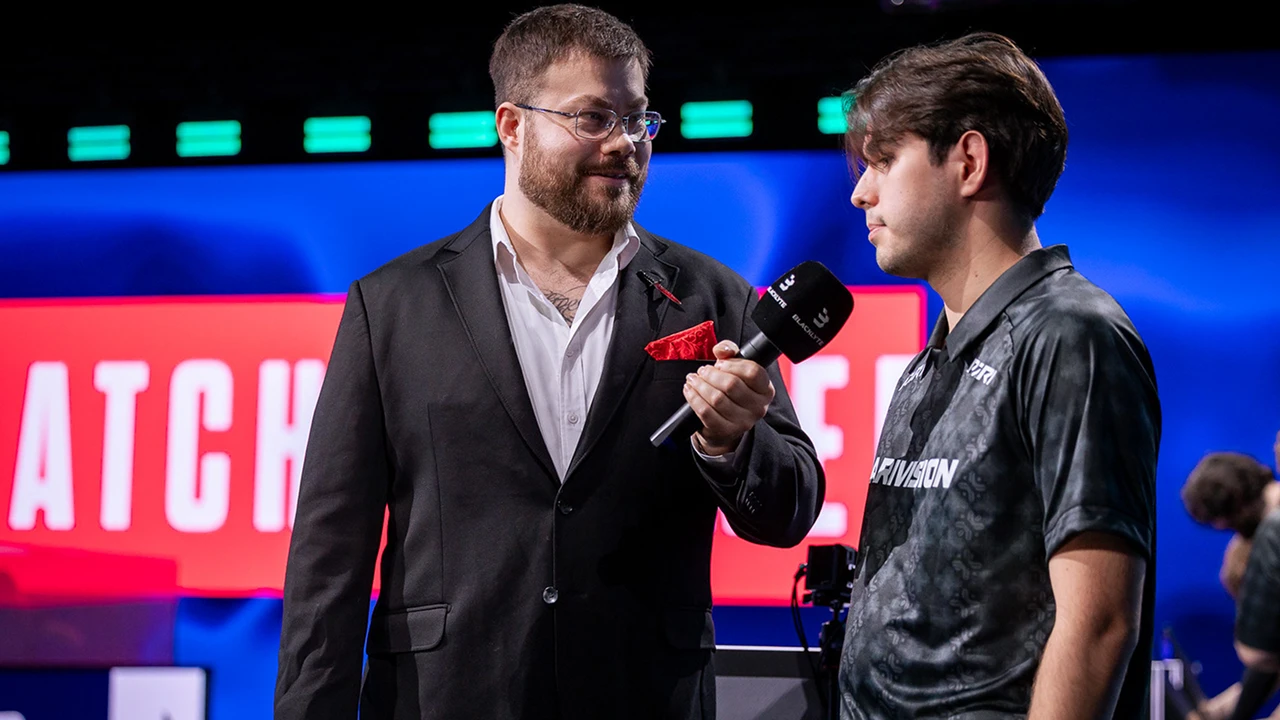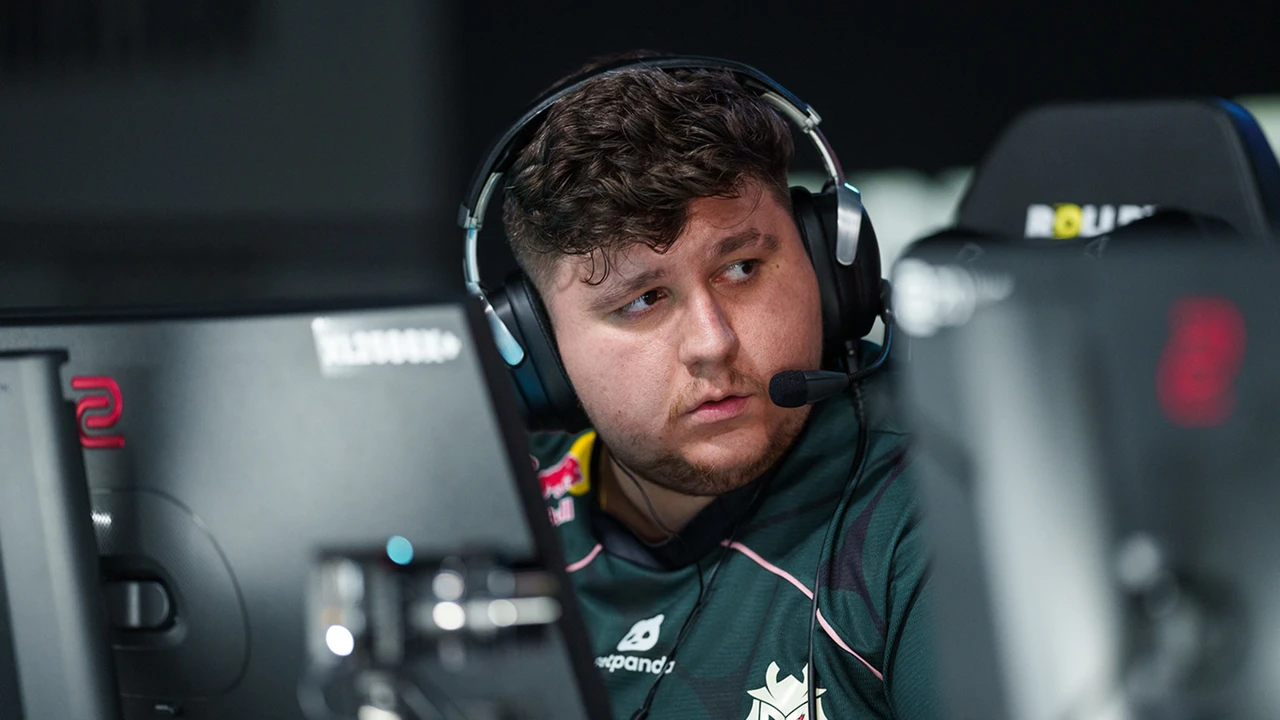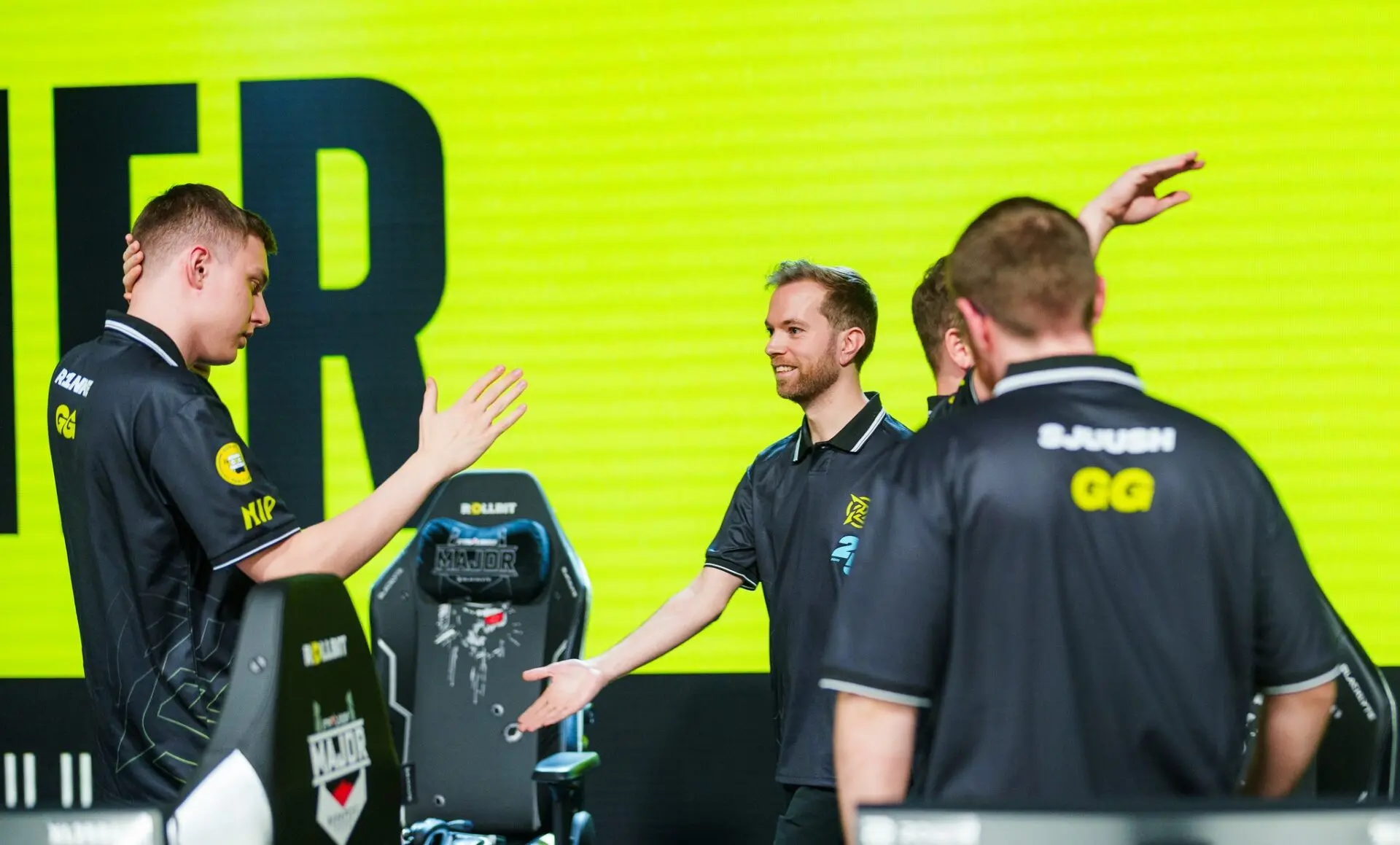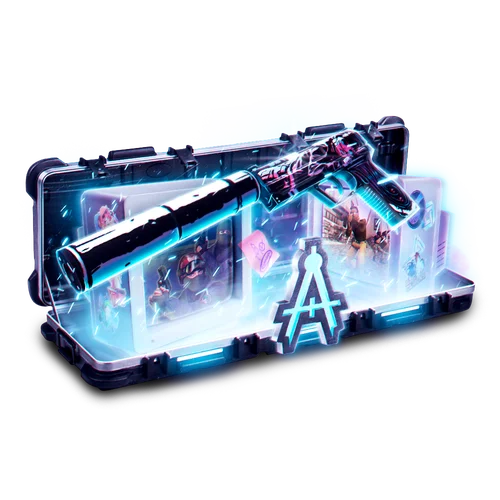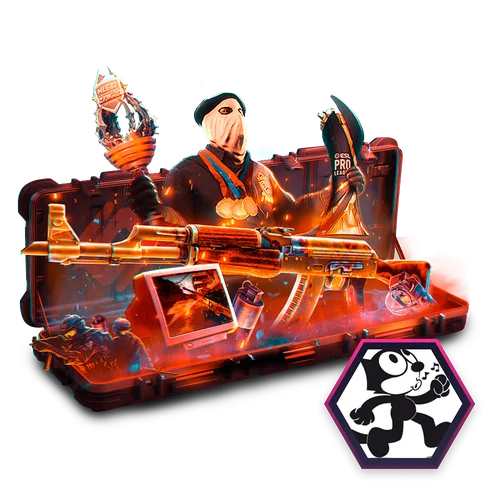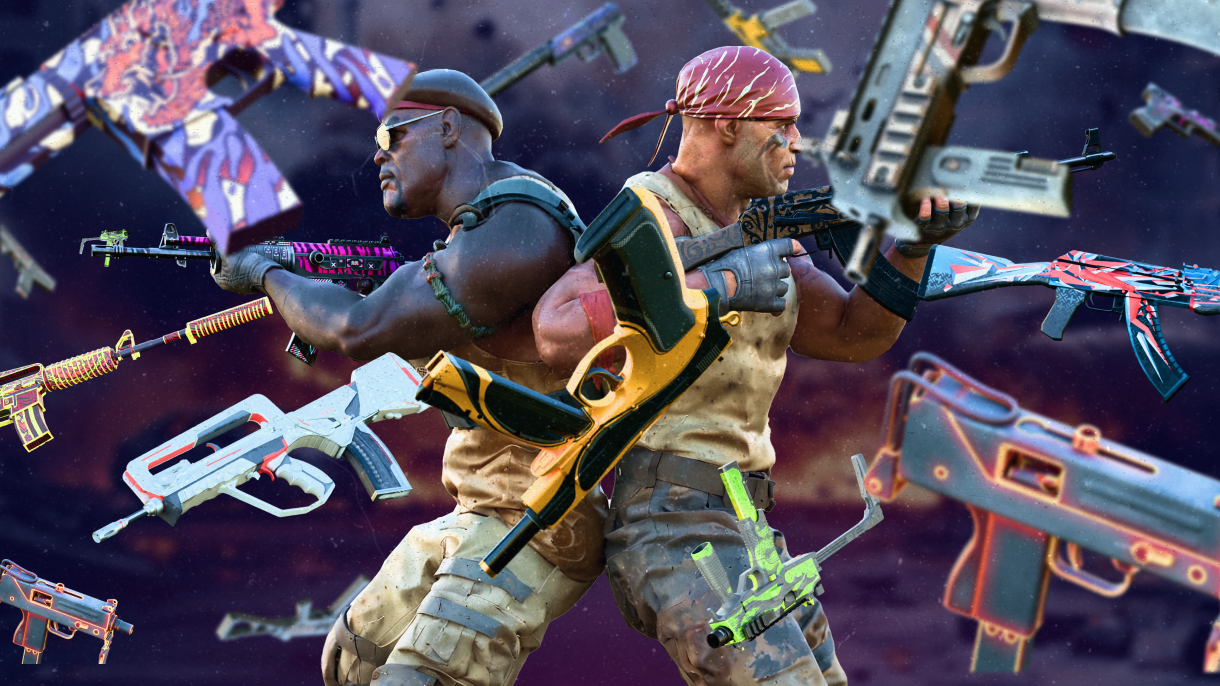The anti-cheating battle in esports is entering a new era. FACEIT is preparing another wave of changes that will affect every player — from beginners to professional esports athletes. And this time, it’s not just about routine anti-cheat updates, but about fundamental requirements for the operating system itself.
Official confirmation
In an official blog post, the FACEIT team announced the final stage of launching new system requirements aimed at strengthening protection against advanced hardware-level cheats. According to the statement, starting November 25, 2025, all users of the platform must have TPM 2.0 and Secure Boot enabled. These settings are already active for more than 95% of players, but from now on, they will become mandatory for everyone without exception.
Additionally, FACEIT continues to gradually introduce IOMMU and VBS — functions that operate at both the hardware and operating system levels. These features allow the anti-cheat to control external device access to system memory, effectively blocking complex DMA-based cheats that previously bypassed traditional protection mechanisms.
The company also issued a separate warning about upcoming changes: support for Windows 10 will end on October 14, 2026. Starting from that date, players will only be able to use FACEIT on Windows 11. This decision is synchronized with Microsoft’s timeline, as the company will also stop releasing security updates for Windows 10 at the same time.
read more
What this means for players
The introduction of these requirements is not a mere formality. TPM 2.0 and Secure Boot verify the integrity of the system during startup, ensuring that no unauthorized or modified drivers and software — which cheats can attach to — are loaded. Meanwhile, IOMMU and VBS create an additional “firewall” between the hardware and the game’s memory — a critical defense against attacks using direct memory access.
While for most users, this will only require a few clicks in the BIOS or UEFI, for some players, the update could pose a challenge. The FACEIT blog notes that certain users may need to update drivers or even replace outdated hardware components. The company emphasizes that this is “not an easy requirement, but a necessary one for the secure future of competitive esports.”
Analysis: FACEIT is redefining the industry standard
This move effectively positions FACEIT as a leader in cybersecurity within the gaming industry. While most platforms rely on traditional anti-cheat systems that operate in user space, FACEIT is implementing deep system-level monitoring, leveraging hardware tools available only through modern Windows 11 technologies.
Such a strategy significantly complicates the work of cheaters who previously developed “invisible” driver-level utilities. Now, bypassing FACEIT would require attacking not the game, but the Windows architecture itself — dramatically increasing the barrier of entry for malicious actors.
However, some experts caution that excessive system integration might lead to reduced FPS or compatibility issues with certain devices. FACEIT, on the other hand, claims that its testing already covered most popular PC configurations, and that issues have been observed only in isolated cases.
Impact on the ecosystem
These changes will not only make cheat development far more difficult but will also set a new security standard across the entire Counter-Strike competitive ecosystem. Considering that Valve currently does not enforce such requirements even for official matchmaking, FACEIT may become the first platform to make hardware-level protection the new norm.
Moreover, the Windows 10 restriction means that some players — especially from regions using older systems — risk losing access to the platform if they do not upgrade in time.
read more
What’s next
FACEIT announced that in November, it will publish a technical report detailing how its new anti-cheat system operates. The company acknowledged that complete transparency is impossible due to the “cat-and-mouse” nature of cheat development, but promised to disclose more information than ever before.
The platform emphasized that the ultimate goal is to create an environment where fair play is guaranteed not only by rules, but by the system’s very code itself.












































